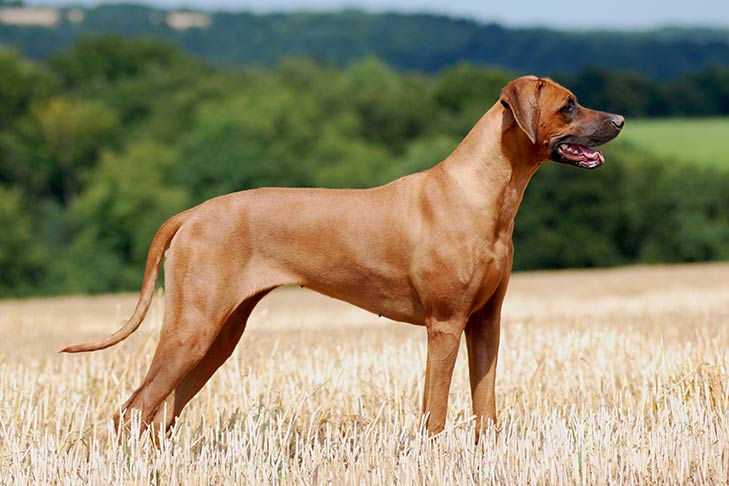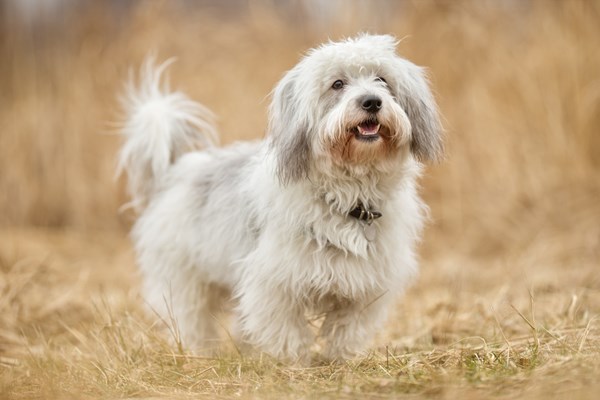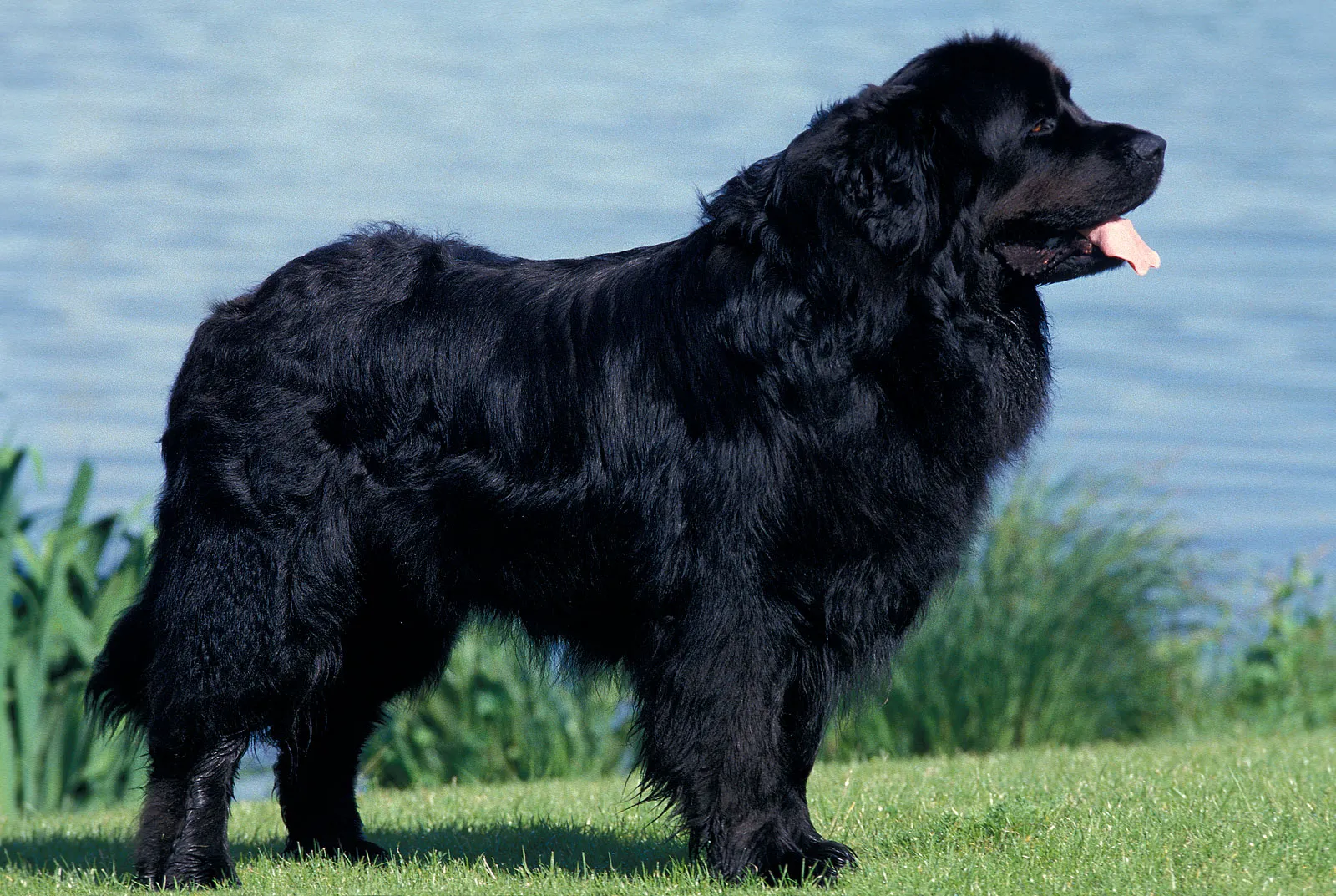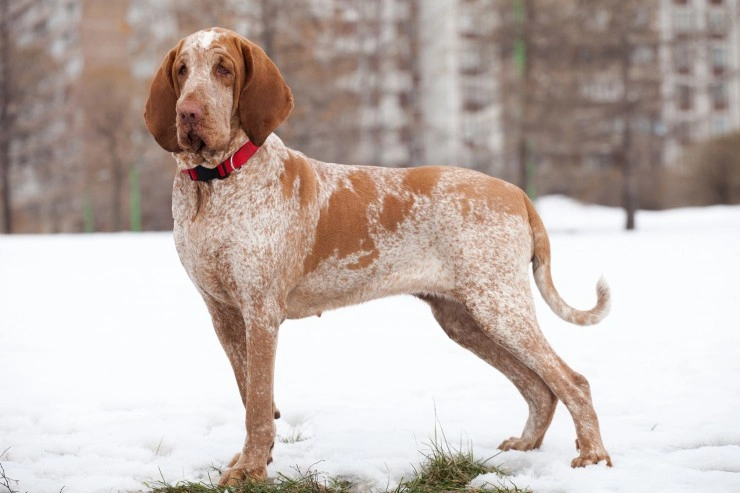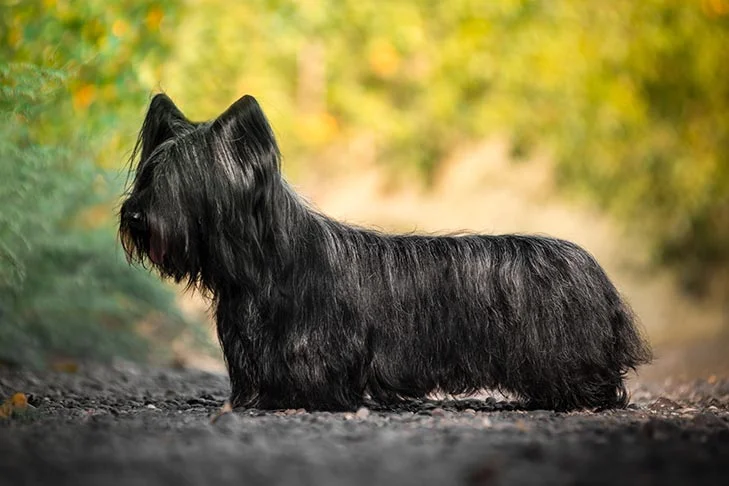Introduction
The Rhodesian Ridgeback is a large and muscular breed originally bred in Southern Africa for hunting big game, such as lions and wild boars. Known for their distinctive ridge of fur along their spine, these dogs have a short and shiny coat that ranges in color from light wheaten to red. Despite their hunting background, Rhodesian Ridgebacks make loyal and affectionate companions for families with children and other pets. They are intelligent and independent dogs that require early socialization and obedience training to prevent any unwanted behavior.
Rhodesian Ridgeback Temperament
The Rhodesian Ridgeback is a loyal and affectionate breed with a strong prey drive and protective instincts. They are known for their courage and athleticism, as well as their ability to excel in various activities such as obedience, agility, and tracking. They are often reserved with strangers, but are typically loyal and protective of their families. This breed requires early socialization and consistent training to prevent unwanted behaviors. They thrive with an active lifestyle and enjoy spending time with their families.
Aggression

As with any breed of dog, Rhodesian Ridgebacks can exhibit aggressive behavior if not properly socialized, trained, or bred responsibly. Aggression in Rhodesian Ridgebacks may be a result of fear, anxiety, territorial behavior, or lack of socialization with people and other dogs. Early socialization and obedience training are crucial for preventing aggressive behavior in Rhodesian Ridgebacks, as it helps them learn appropriate behavior and builds their confidence.
Health and Lifespan
The reported lifespan range of the Rhodesian Ridgeback is typically 10 to 12 years. However, some Ridgebacks have been known to live up to 14 years with proper care and nutrition. It is important to note that like all breeds, individual health and genetic factors can also impact the lifespan of a Rhodesian Ridgeback.
Food for Rhodesian Ridgeback
Selecting the best food for your Rhodesian Ridgeback depends on their individual needs, such as age, activity level, and health condition. As a general rule, Rhodesian Ridgebacks require a high-quality dog food that is rich in protein and contains essential nutrients such as vitamins, minerals, and antioxidants. Look for dog food that lists a whole protein source as the first ingredient, such as chicken, beef, or fish, and avoid foods that contain fillers, artificial preservatives, or by-products. It’s important to feed your Rhodesian Ridgeback the appropriate amount of food based on their weight and activity level, as obesity can lead to health problems such as joint issues and diabetes.
Training for Rhodesian Ridgeback
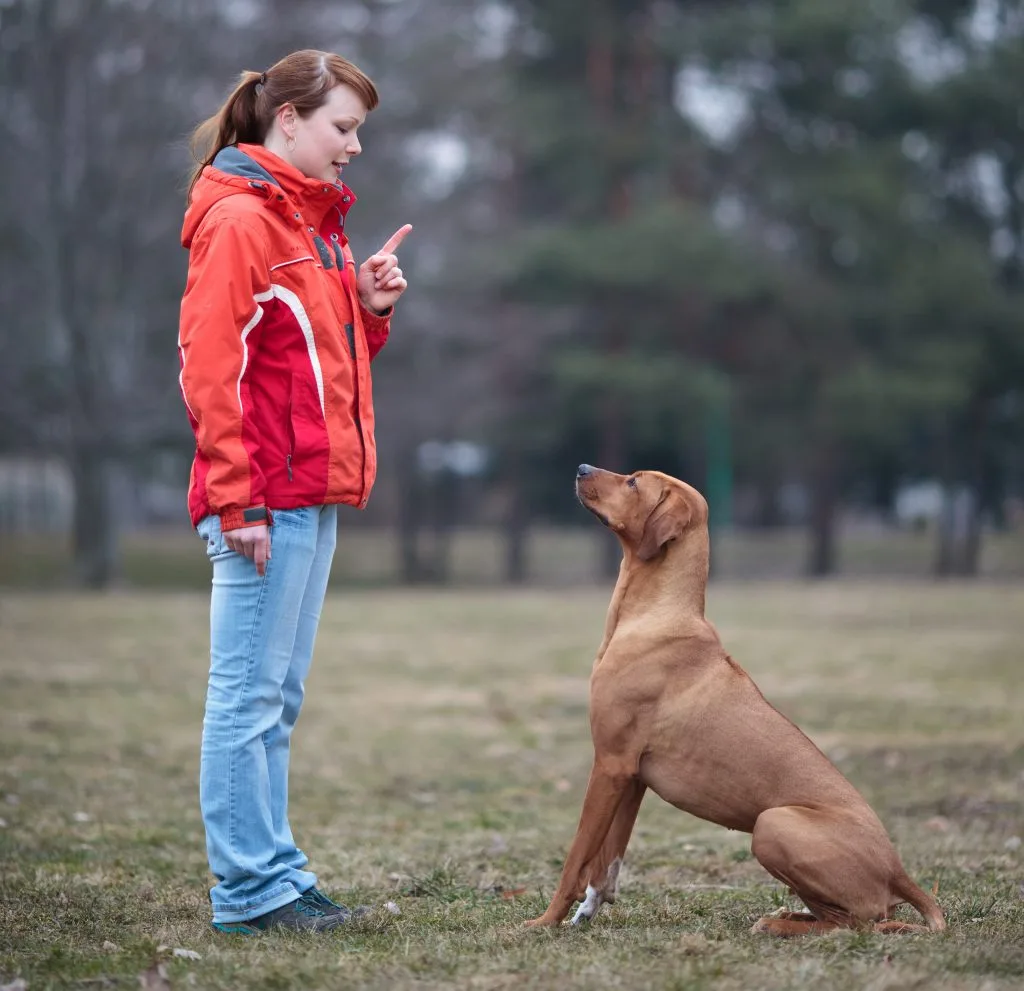
To train a Rhodesian Ridgeback, it is important to start with early socialization and positive reinforcement training methods. Ridgebacks can be independent and strong-willed, so consistency and patience are key. They respond well to reward-based training and enjoy being challenged with physical and mental stimulation. Exercise is also crucial for this breed, as they have a high energy level and require daily activity to prevent boredom and destructive behaviors. It is recommended to start training as early as possible and to work with a professional trainer if necessary.
Conclusion
In conclusion, the Rhodesian Ridgeback is a powerful and athletic breed that makes a devoted companion for active individuals and families. These dogs require early socialization and obedience training to prevent unwanted behavior and thrive on regular exercise and mental stimulation. A high-quality diet tailored to their individual needs is essential for maintaining their health and wellbeing. With their loyalty, intelligence, and affectionate nature, Rhodesian Ridgebacks can make wonderful additions to the right home. If you’re considering adding a Rhodesian Ridgeback to your family, it’s important to research the breed thoroughly and ensure that you can provide them with the love and care they need to thrive.
